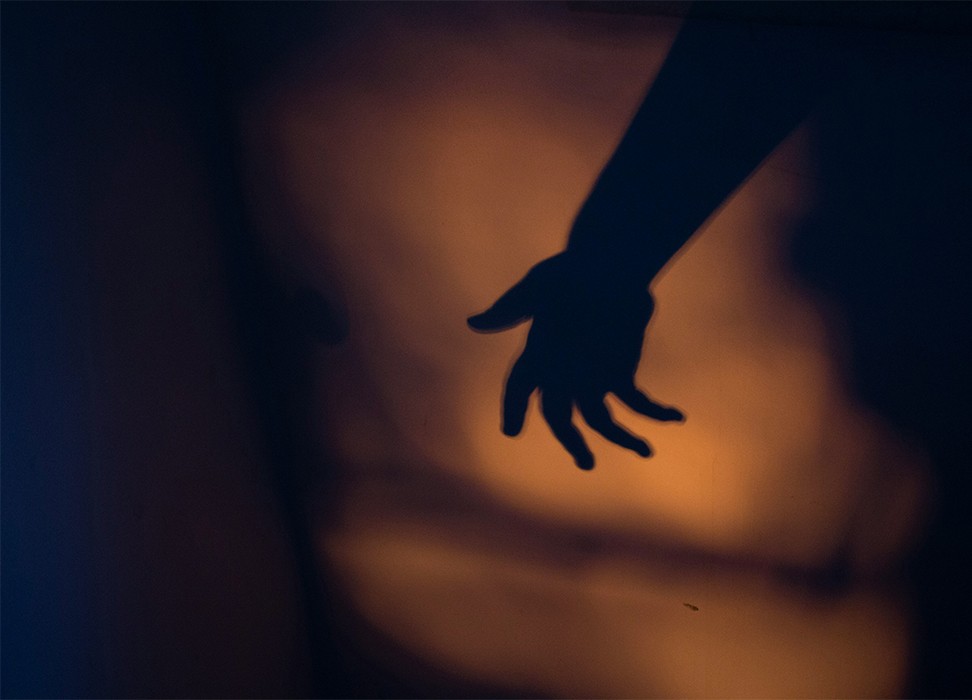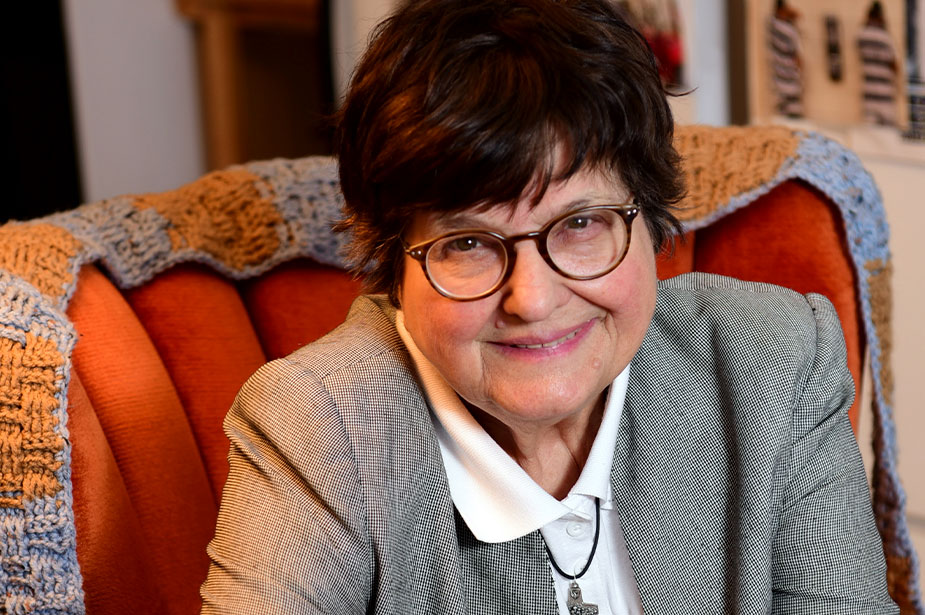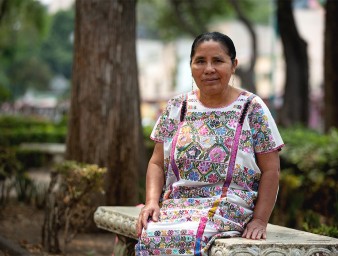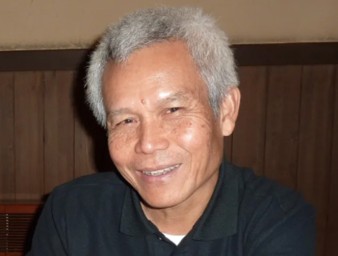Death penalty does not lead to justice
10 October 2024

There’s a widespread belief that death penalty brings justice to the families of victims. However, for anti-death penalty advocate Sister Helen Prejean, justice is fairness and giving people their due when a community or someone in a community has been hurt and needs healing.
“Somehow, we have the image in the United States that doing justice means that we will punish you, cause you pain, and separate you from the human family. That’s not justice,” she said. Prejean is a Catholic nun and human rights defender who has been advocating for the abolition of the death penalty for more than 30 years in the United States of America.
The average waiting time for a death sentence to be carried out – from sentencing to execution – is 17 years, Prejean said. It is a long wait for justice to be done for murder victims’ families.
In many cases, the families of victims feel retraumatized by another killing related to their case, said Andrés Pérez, death penalty focal point with the Rule of Law and Democracy Section in UN Human Rights.
“It's essential for the enhancement of human dignity and the progressive development of human rights, that we continue to build a global culture that moves away from violence and death as a supposed measure of justice,” he said.

Sister Helen Prejean, a Catholic nun and human rights defender who advocates for the abolition of the death penalty in the United States of America. © Cheryl Gerber
Prejean grew up in the South of the US, or the Jim Crow segregationist South as she calls it, and for a long time she lived her religious life disconnected from justice, living in the suburbs.
“I was disconnected from people in prison, and I woke up,” Prejean said. “It's a wonderful thing to wake up to the needs of society, to realise your own privilege, to roll up your sleeves and get in there. What I did was I moved into an African American neighbourhood.”
In 1982, while living and working among Black communities in Louisiana, Prejean got an invitation to write letters to a man in death row. Prejean thought she was only going to exchange a few letters, but two and a half years later she was with him through the last hours of his life.
His name was Patrick Sonnier and he had been sentenced to death for the murder of two teenagers in 1977.
“He was electrocuted on April the 5th, 1984, and I saw him being killed,” Prejean said. “And the watching of those torturous last hours and his death is what set my soul on fire. I came out of that execution chambers in the middle of the night, and I realised what a secret ritual it was. People were nowhere near close to seeing the suffering.”
Prejean decided to write a book about this ordeal and Dead Man Walking came out in 1993. The book was made into an award-winning motion picture in 1995, starring Susan Sarandon and Sean Penn.
“There's a saying from Latin America that what the eye does not see, the heart cannot feel. What I have learned is that we just have to educate the people,” she said. “And we got to use every means of culture we can to bring this close to the American people, close to their hearts.”
Against human dignity, high-risk, and ineffective
UN Human Rights and the UN system advocate for the universal abolition of the death penalty for three main reasons: it is profoundly difficult to reconcile with human rights, especially the right to life; however robust a judicial system may be, it is prone to bias and error; and there’s little to no evidence that the death penalty is a significant deterrent to crime in general.
The Universal Declaration of Human Rights is a guidepost, as it shows that all human beings have an innate, essential right to life and should not be subjected to cruel, degrading punishment or torture, said Prejean.
Capital punishment in the US continues to raise issues of due process, like racial bias and reliability of testimonies, regarding executions that took place as recently as last month. Some question the very validity of the convictions and ultimately undermine the integrity of the justice system.
In addition, the application of the death penalty involves the unacceptable risk of executing innocent people. According to civil society, around 200 death row prisoners have been exonerated in the US since 1973 because of wrongful convictions, some of them posthumously.
“While these exonerations must be praised, they also shed light on how common mistakes can be when it comes to the death penalty,” Pérez said. “UN Human Rights advocates tirelessly for moratoria on the death penalty and towards universal abolition, we work with all member States to create fair and reliable judicial systems that address the deep economic and social inequalities that oftentimes can be drivers for crime.”
According to Pérez, studies have shown that nations that have abolished the death penalty have seen their murder rates remain unchanged and, in some cases, even decreased. Many States that have abolished the death penalty have indicated that it is the rule of law and certainty of punishment, rather than severity, that deters crime.
Prejean agreed.
“[In the US] you have a clear track record about how the death penalty doesn't deter anything. If you look at the states that have the most violent crimes, often they're the states that have the death penalty,” she said. “And the states that don't have the death penalty don't have the high violent crime rate because violent crime is related to socio economic things in the society.”
UN Human Rights monitors death penalty cases worldwide to identify those that fall short of international human rights norms and standards. The Office also provides input to a process known as the Universal Periodic Review (UPR), which is a peer review process amongst Member States that takes place every four and a half years.
Pérez said that the contributions UN Human Rights has made to the UPR process have been instrumental in the abolition of the death penalty in States such as Sierra Leone, Ghana and Equatorial Guinea.
During its 3rd cycle review in the Universal Periodic Review (UPR), the US received 10 recommendations from peer States focusing on the abolition of the death penalty. In addition, on its concluding observations on the fifth periodic review of the US, the Human Rights Committee called for the abolition of the death penalty in that country.
“A majority of the states in the US have either abolished the death penalty or have implemented a gubernatorial hold in executions,” Pérez said.
Pérez says there's definitely room for a moratorium on the death penalty and its eventual abolition among the diminishing number of States that still apply it, including the United States of America.
“
The essence of death penalty is really a legalised vengeance: ‘you killed, so we're going to punish you by killing you’. That's against the dignity of human beings.
“
Sister Helen Prejean, Catholic nun, and human rights defender



